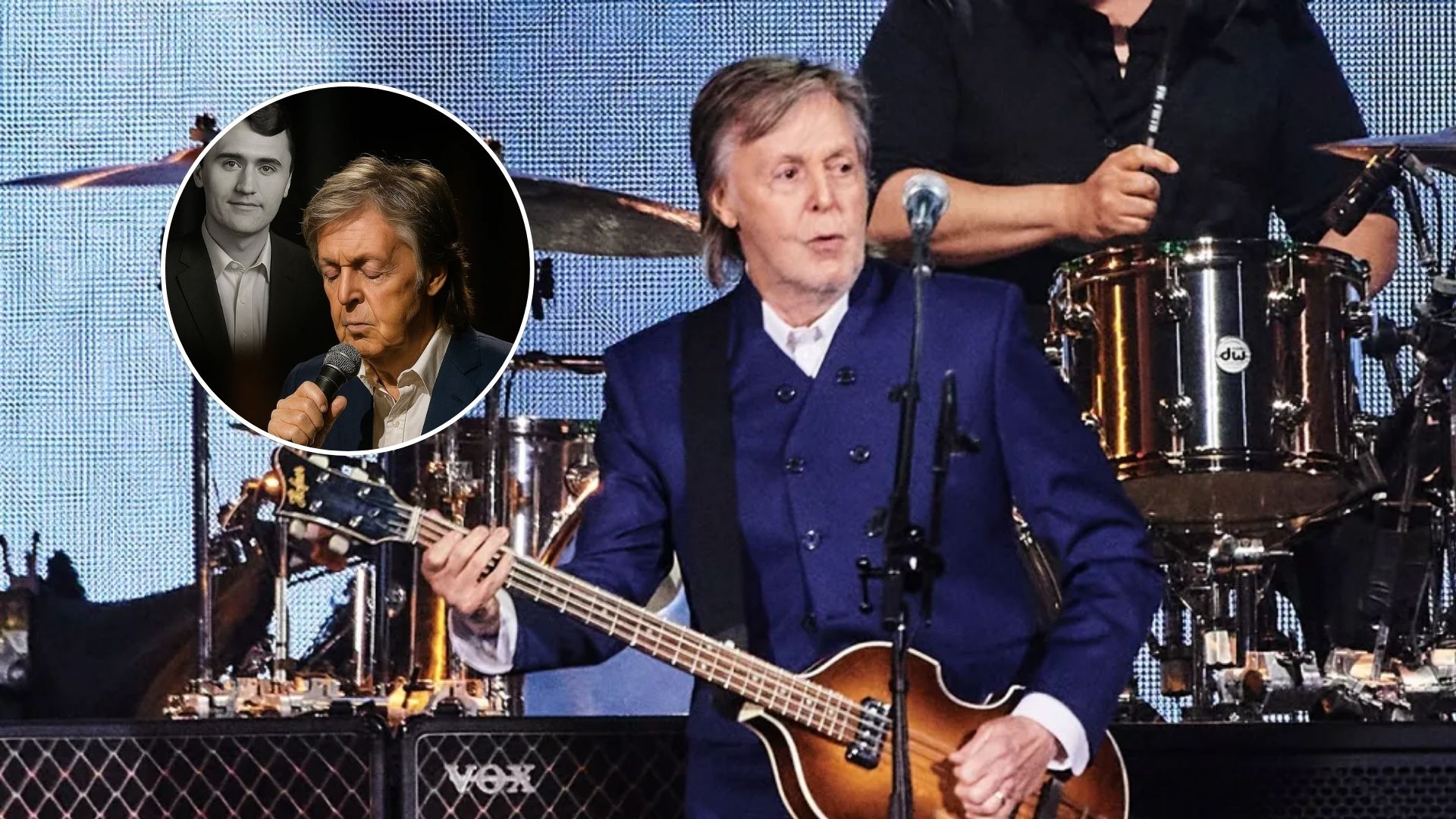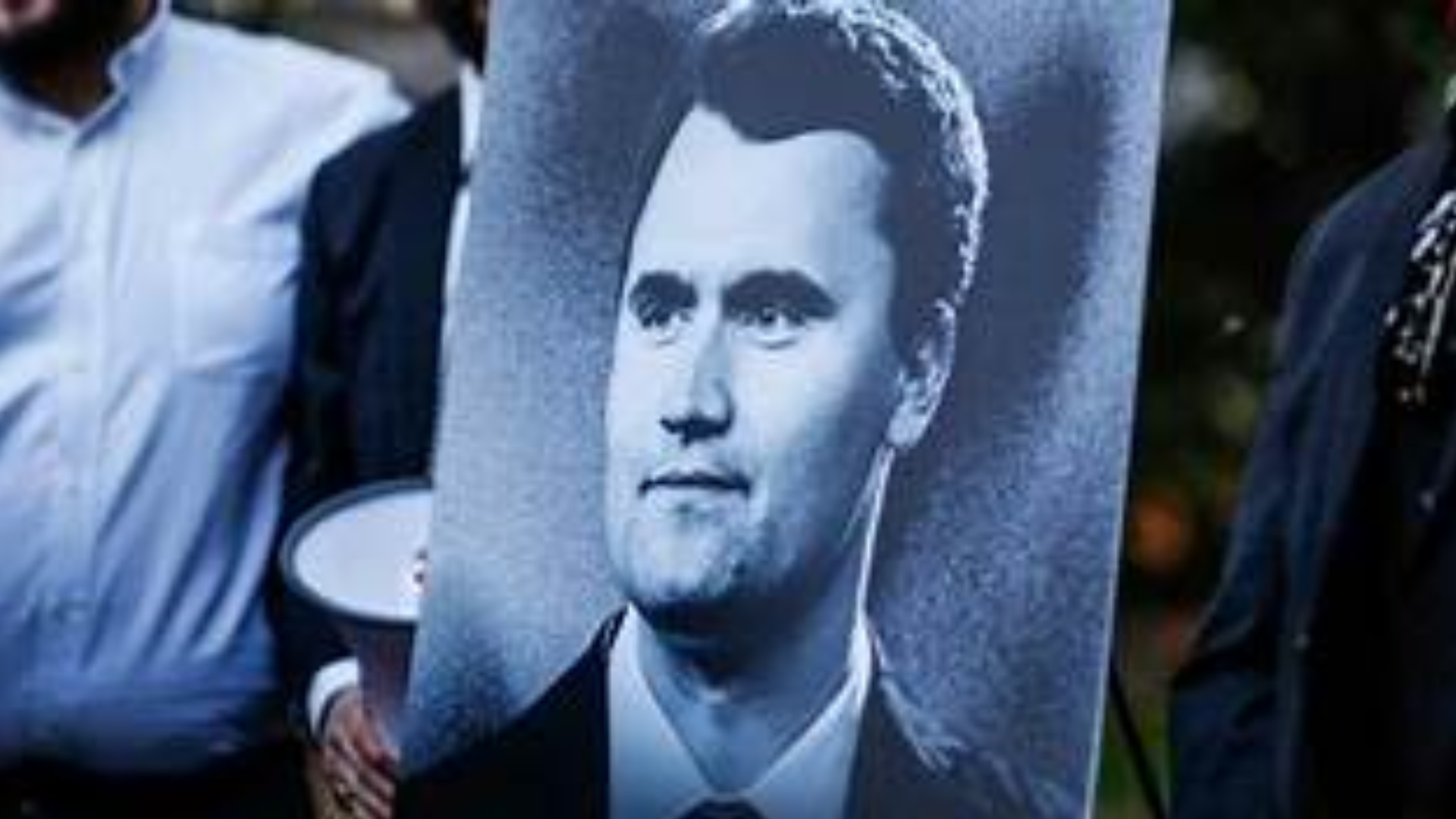
When Paul McCartney released “No More Lonely Nights” in 1984, it felt like a return to form — a reminder that no matter how styles changed, his ability to craft melody, emotion, and hope remained untouched. Written for his film Give My Regards to Broad Street, the song rose above its cinematic setting to become one of McCartney’s most enduring solo ballads, shimmering with sincerity and warmth.

From the very first notes, “No More Lonely Nights” feels comforting — gentle piano, soft percussion, and Paul’s unmistakable voice carrying the opening lines with tenderness. “I can wait another day until I call you…” he begins, and in that single phrase lies all the patience, yearning, and quiet faith that define true love. His tone is smooth yet deeply felt, offering reassurance rather than pleading. It’s a love song for adults — grounded, steady, and full of heart.
The song’s brilliance also lies in its seamless blend of pop melody and emotional gravity. The arrangement — lush and elegant, with orchestral swells and a perfectly placed rhythm — supports the lyric without ever overpowering it. Then comes David Gilmour’s guitar solo, soaring and soulful, giving the track its emotional release. Gilmour’s tone, both powerful and restrained, mirrors the song’s message: love not as fantasy, but as something real, earned, and sustaining.
Lyrically, “No More Lonely Nights” carries McCartney’s eternal optimism, but this time with the wisdom of experience. It’s a promise, not a plea — a vow that love will prevail even after solitude and doubt. The repetition of the title line feels almost like a mantra, one that wraps the listener in warmth and certainty.
What makes the song so deeply resonant is its emotional honesty. In the early 1980s, McCartney had weathered enormous change — the end of Wings, the death of John Lennon, and the shifting landscape of pop music. Yet here he was, still writing songs that spoke to the heart. “No More Lonely Nights” isn’t about youthful infatuation; it’s about the comfort of companionship, the healing power of connection.
Commercially, the song was a triumph, earning critical praise and reaching the top ten on both sides of the Atlantic. But beyond its chart success, it has endured because of its sincerity. McCartney wasn’t chasing trends — he was simply doing what he has always done best: writing music that speaks gently to the soul.
In the end, “No More Lonely Nights” is more than a love song. It is Paul McCartney’s quiet affirmation of faith — in love, in perseverance, and in the power of music to comfort. Decades later, it still glows with the same tenderness and truth, reminding us that loneliness fades when love finds its way home.